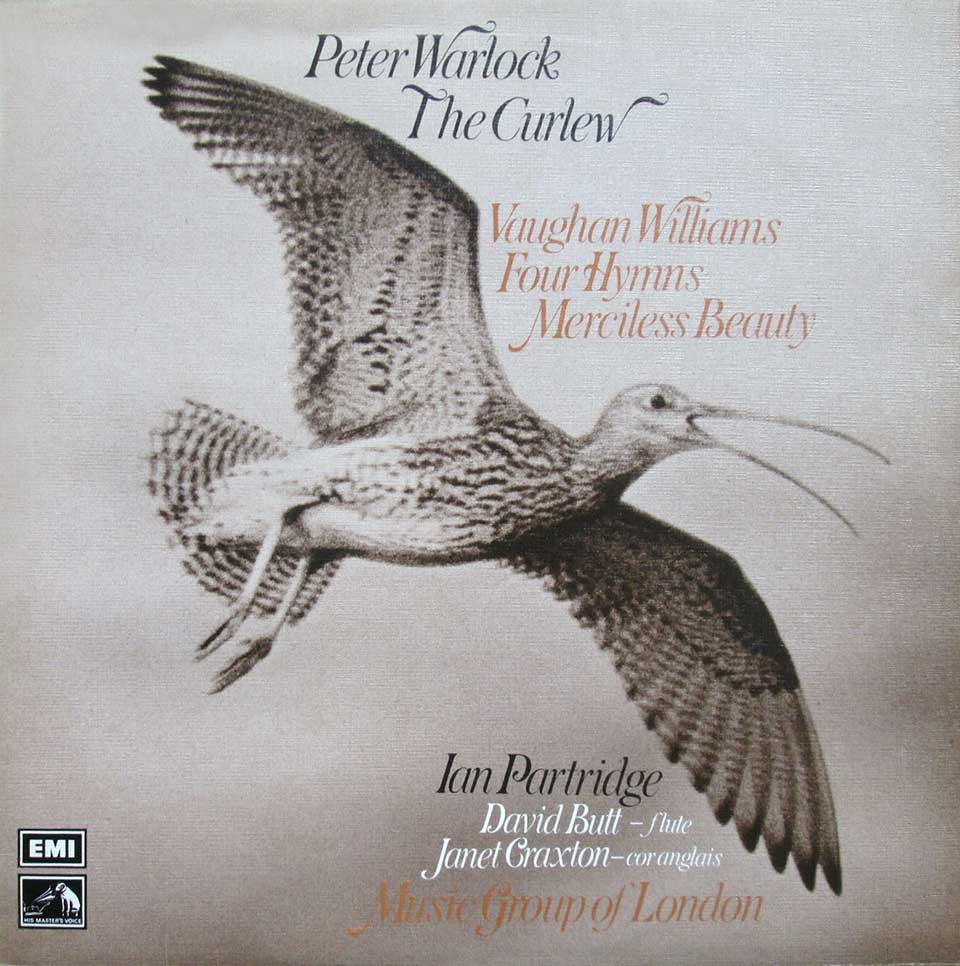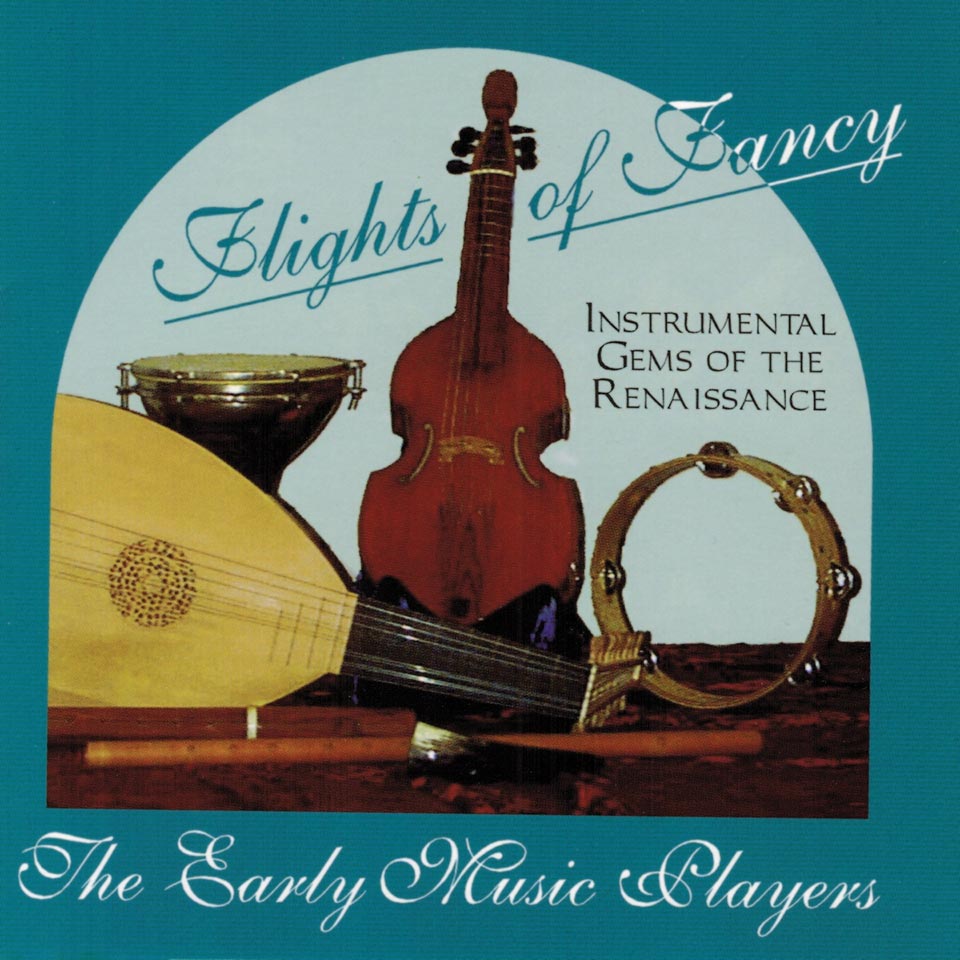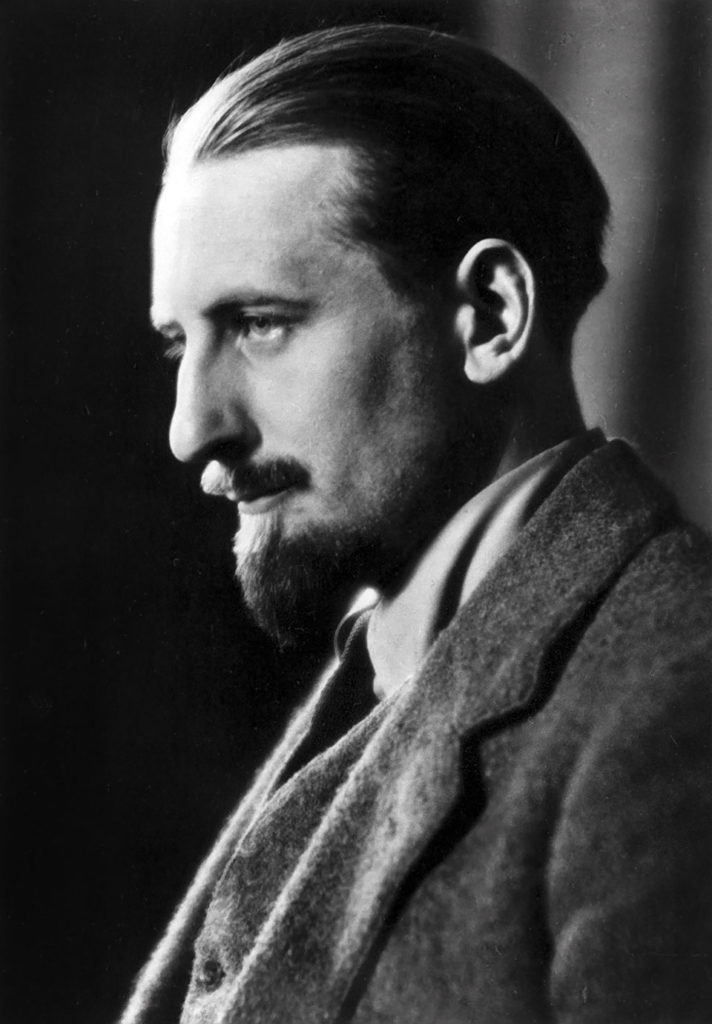Inspiration of ‘The Curlew’
The following texts are integral to Peter Warlock’s song-cycle “The Curlew“.
He Reproves The Curlew
By William Butler Yeats (1865 – 1939)
O Curlew, cry no more in the air,
Or only to the water in the West;
Because your crying brings to my mind
passion-dimmed eyes and long heavy hair
That was shaken out over my breast:
There is enough evil in the crying of wind.
The Lover Mourns For The Loss Of Love
By William Butler Yeats (1865 – 1939)
Pale brows, still hands and dim hair,
I had a beautiful friend
And dreamed that the old despair
Would end in love in the end:
She looked in my heart one day
And saw your image was there;
She has gone weeping away.
The Withering Of The Boughs
By William Butler Yeats (1865 – 1939)
I cried when the moon was murmuring to the birds,
‘Let peewit call and curlew cry where they will,
I long for your merry and tender and pitiful words,
For the roads are unending, and there is no place to my mind.’
The honey-pale moon lay low on the sleepy hill,
And I fell asleep upon lonely Echtge of streams.
No boughs have withered because of the wintry wind;
The boughs have withered because I have told them my dreams.
I know of the leafy paths [that] the witches take,
Who come with their crowns of pearl and their spindles of wool,
And their secret smile, out of the depths of the lake;
I know where a dim moon drifts, where the Danaan kind
Wind and unwind their dances, when the light grows cool
On the island lawns, their feet where the pale foam gleams.
No boughs have withered because of the wintry wind;
The boughs have withered because I have told them my dreams.
I know of the sleepy country, where swans fly round
Coupled with golden chains, and sing as they fly.
A king and a queen are wandering there, and the sound
Has made them so happy and hopeless, so deaf and so blind
With wisdom, they wander till all the years have gone by;
I know, and the curlew and peewit on Echtge of streams.
No boughs have withered because of the wintry wind;
The boughs have withered because I have told them my dreams.
He Hears The Cry Of The Sedge
By William Butler Yeats (1865 – 1939)
I wander by the edge
Of this desolate lake
Where the wind cries in the sedge:
`Until the axle break
That keeps the stars in their round,
And hands hurl in the deep
The banners of East and West,
And the girdle of light is unbound,
Your breast will not lie by the breast
Of your beloved in sleep.’
Notes by Richard Valentine




